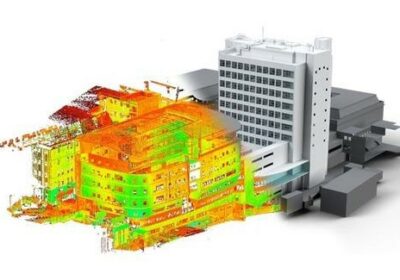
Heart Failure and Edema: 3 Things You Need to Know
According to the CDC, heart disease is the number one cause of death in the United States. Whether or not this information is a surprise, one thing is for sure: you now know how important it is to safeguard your heart health.
One way to do so is to learn about the different ailments that can affect your heart. Heart failure and edema have links to one another, so they’re worth discussing together.
How do they happen, and how are they treated? Here’s everything you need to know.
Heart Failure and Edema: How Are They Linked?
Firstly, let’s talk about how heart failure and edema are tied together. Edema is what medical experts call the swelling caused when the body retains fluids. Injuries, illnesses, and chronic health conditions can cause edema to occur.
One of those medical conditions that can cause edema is heart failure. It’s important to know this link because, as the name implies, heart failure is quite a serious affliction.
When the heart gets weaker, it can’t effectively pump blood; it may also have trouble keeping up with the pressure on it, which causes weight gain or fluid retention in the legs or abdomen.
What Are the Causes of Edema?
As mentioned, several different conditions can cause edema. In some cases, it’s not a bad thing to experience this swelling. For example, if you have a bee sting or an infection, the swelling can be a sign that you’re healing, as fluid and white blood cells arrive on the scene.
The other conditions that may cause edema include:
- An allergic reaction: blood vessels may leak fluid in the area of the reaction
- Albumin levels: this protein helps keep fluid inside blood vessels, so when levels are low, it can leak
- Burns
- Cirrhosis and other liver diseases, which cause fluid retention
- Constriction of blood flow, causing fluid to pool
- Head trauma, tumors, or other head-related injuries that can block fluid drainage from the brain
- Heart failure
- Kidney disease, which often causes edema in the legs
- Medications, including NSAID pain relievers, corticosteroids, calcium channel blockers, and more
- Pregnancy
- Serious infections
Knowing these ties is important. If you have one of these conditions — or take a medication known to cause edema — you will now be aware of the links in case you notice the swelling.
How is Edema Treated?
The key to treating edema is finding its root cause. There are many reasons why you might be retaining fluid, so finding the exact reason why will help your doctor pinpoint a treatment plan.
Your doctor might drain the fluid, or they might put you on blood thinners to help things move safely, breaking down blood clots on the way. Sometimes, diuretics are used — the more you use the bathroom, the more fluids you remove from your body.
More serious causes of edema, such as tumors, may require a more intensive treatment plan. Chemotherapy, surgery, or radiation can shrink or remove the blockage.
Take Care of Your Heart
Knowing more about heart failure and edema is an important part of taking care of your heart health. So, bookmark this page and keep the information fresh in your mind. You never know — it could save your life.
And be sure to check back with us for the latest in health news and advice.















